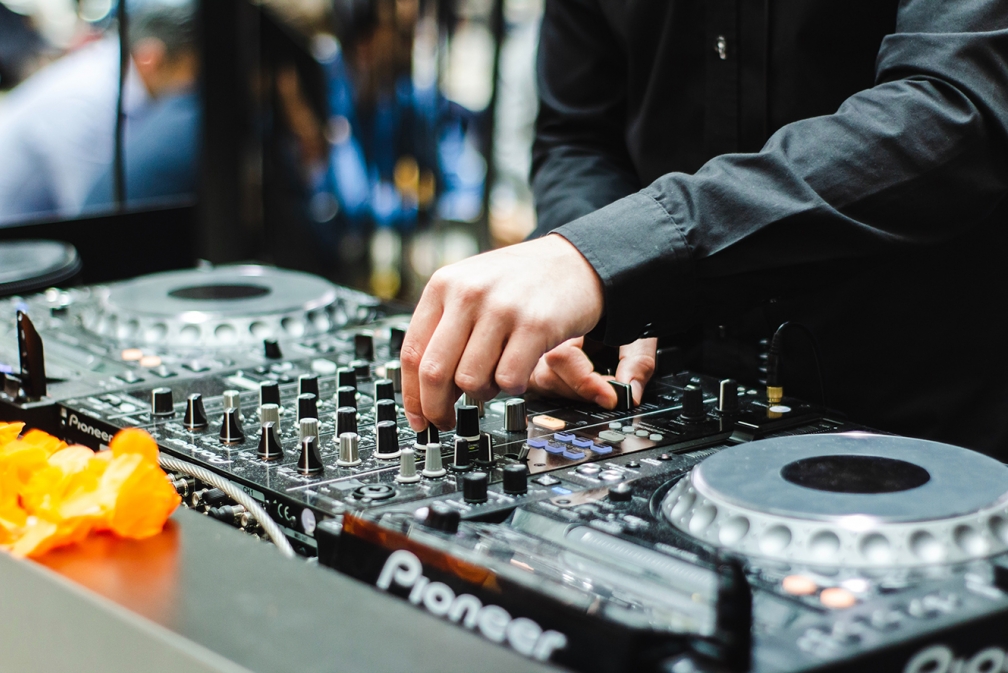 Voice
Voice
From Zero to Hero: The Chinese thirst for education heads to its DJ schools
Will the rise of DJ schools in China finally churn out a world famous DJ?
China is one of the leading countries in the world for technology. It also has more than 400 million followers of electronic dance music and operates several of the world's biggest and robust social networking platforms. In doing so, dance music has attracted a tremendous following in an education-driven society and fueled the growth of multiple training schools for aspiring DJs. Why is DJing so popular amongst most notably young people in China? Because it creates a unique inflexion point between a demographic that is highly technological and that appreciates music and dance. This is not necessarily focused purely on either programming software or playing an instrument than about desirous of being hip and cool, and also for offering a potential career track or a means for augmenting one's income stream.
The demand is clearly there. A recent study showed that more than 175 million people in China have an interest in learning how to DJ and/or produce electronic dance music. Oftentimes this training can be followed by channelling proven talent towards artist management services, production and engineering, promotion and booking opportunities — an entire ecosystem built around driving a fundamental interest in technology and music towards a productive solution. It's a known fact that the Chinese crave education and training as a basis for developing expertise. Witness the numbers of those that choose to attain a Master Sommelier ranking, the highest of four levels; the numbers of Master Scuba Divers, PADI's highest scuba diving qualification, and on it goes.
And yet, how many Chinese have made it onto the world stage of DJs? Is there a Tiësto, Armen Van Buuren, Skrillex, or David Guetta equivalent in China? The world's top DJs come from countries like The Netherlands, France, Sweden and the UK, whose combined populations are still a fraction of China's, and yet where is there a Chinese DJ of global prominence anywhere on the global music map?
Venues for the rising number of DJ schools in China range from small apartments to large, studio-type spaces that offer production and training, along with lounge areas for socialising and masterclasses. And this is not limited to just large cities as several second and third-tier cities have evidenced schools as well. Some clubs have even started training to utilise otherwise vacant space during daytime hours.
Point Blank China, based in Hangzhou, is a partnership between Chinese internet giant NetEase/Fever and Point Blank Music School from the UK, and offers courses in music production to DJ skills. Yadianna has schools in Beijing, Shanghai, Shenzhen and Chengdu, and has had over 500 students completing their courses. A new, bold and large concept is in even the works from dB86 Music Entertainment in Shanghai. It is backed by prominent DJs as well as producers of large-scale EDM music festivals that will provide not only DJ training but also masterclasses and artist management for graduates. The project is housed within a facility that has both outdoor and indoor performance venues in the centre of the city.
While the platforms for such training are broad and diverse, many thousands of students have passed through their doors with more to come as the profession offers greater job opportunity and the ability to perform on global stages. Online programs have already been developed as well, along with cross-border offerings that allow for exchange with overseas schools' degree programs and greater exposure to international platforms. This could be further expanded as the Chinese government is highly supportive of educational initiatives that expand opportunities for Chinese youth.
The mission is clear: put more Chinese DJs onto worldwide stages and the lists of internationally acclaimed DJs, and offer career prospects for those both technologically and musically inclined. Do that, and we will see the proliferation of schools and training academies, small and large, regional and global, providing further impetus to this growing population of interested people, while yet another new dynamic in the forever progressive world of dance music.


